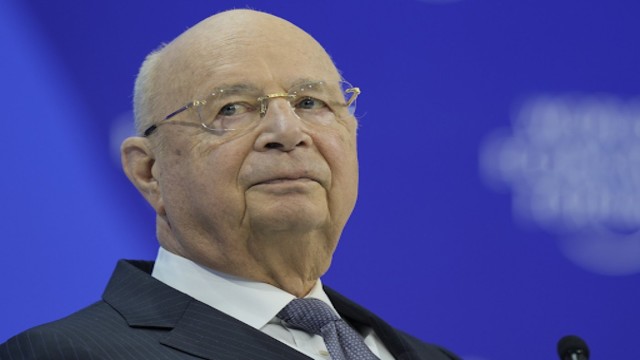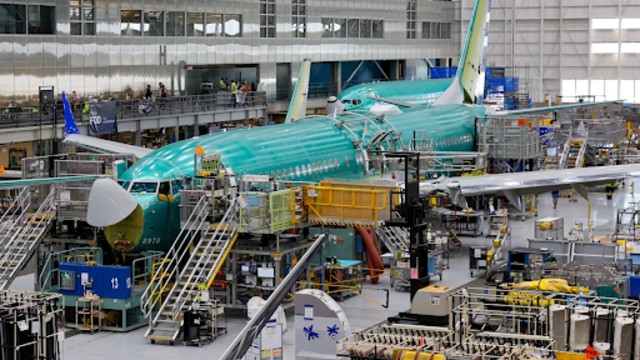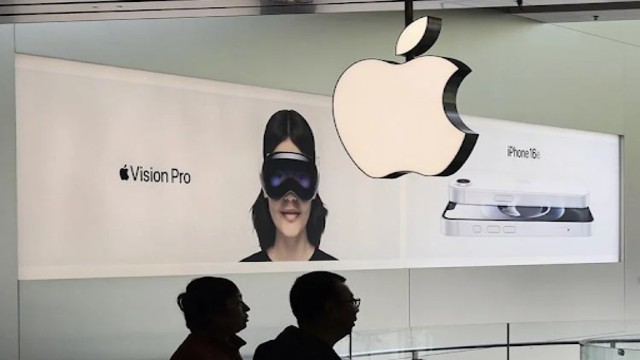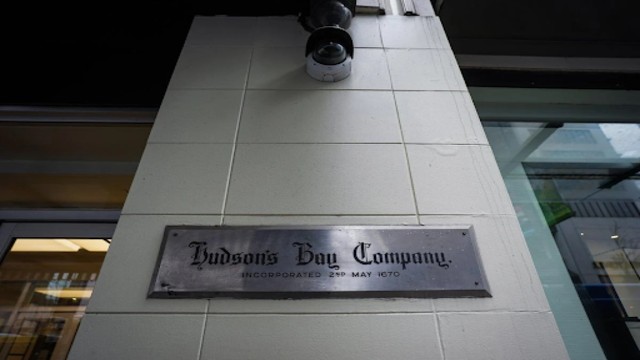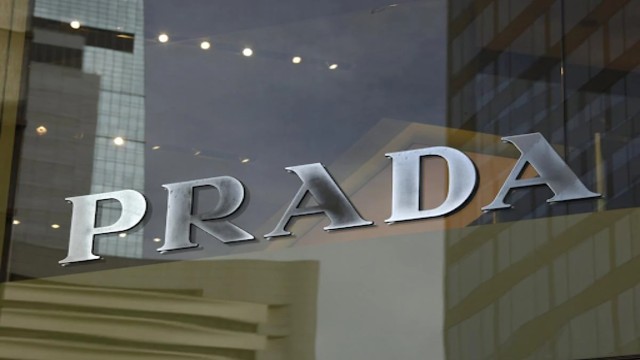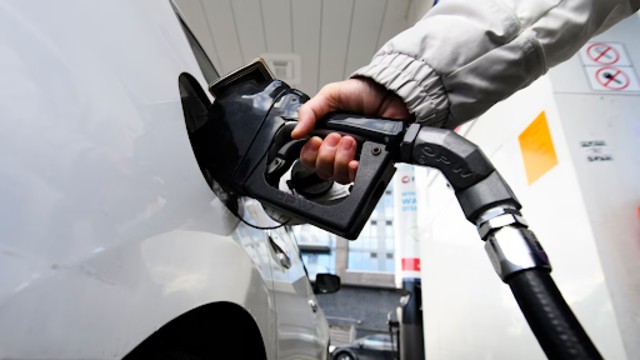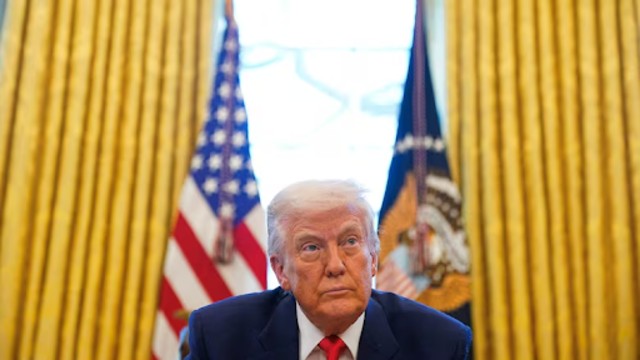
Nissan CEO Makoto Uchida and Honda CEO Toshihiro Mibe attended a joint press conference in Tokyo on March 15, where the two companies revealed their new partnership focused on electric vehicles. (Tomohiro Ohsumi/Getty Images)
In a major move, Japanese car manufacturers Honda and Nissan have announced their plan to merge, aiming to become the third-largest carmaker globally by sales. This move is part of a broader shift in the industry as automakers face pressure to transition away from fossil fuels and adopt more sustainable practices.
On Monday, the two companies revealed that they had signed a memorandum of understanding (MOU), marking the start of formal discussions. Mitsubishi Motors, another member of the Nissan alliance, is also joining the talks to explore business integration. The merger comes at a time when Japanese automakers are struggling to catch up with electric vehicle (EV) leaders like Tesla and China’s BYD, who have rapidly gained market share.
Honda’s President, Toshihiro Mibe, stated that the companies aim to unify their operations under a joint holding company, with Honda initially taking the lead in managing the new entity. The merger talks are expected to be finalized by June, with the new company potentially listed on the Tokyo Stock Exchange by August 2026. However, Mibe emphasized that while the talks are promising, there are still many details to work out, and the merger may not necessarily happen.
The Japanese government has long raised concerns about the rising influence of China’s auto sector, which surpassed Japan as the world’s top car exporter in 2023. The merger of Honda, Nissan, and Mitsubishi could result in a combined company worth over $50 billion, positioning them to better compete with global giants like Toyota and Volkswagen.
Nissan’s CEO, Makoto Uchida, has acknowledged the company's struggles in recent years, especially after the scandal involving former chairman Carlos Ghosn. Despite this, Uchida expressed optimism that the merger could help the company overcome its financial challenges and create more value for customers.
The merger would not surpass Toyota, which produced 11.5 million vehicles in 2023, but would allow the combined entities of Honda, Nissan, and Mitsubishi to produce around 8 million vehicles. In 2023, Honda produced 4 million vehicles, while Nissan made 3.4 million, and Mitsubishi just over 1 million.
The companies have already agreed to collaborate on developing electric vehicles, sharing components like batteries, and conducting joint research on autonomous driving. This merger comes amid broader industry trends of consolidation, as automakers face rising costs and increasing competition in the global market.
While the Japanese government has refrained from commenting directly on the merger, Cabinet Secretary Yoshimasa Hayashi stressed the importance of maintaining competitiveness in the evolving auto industry. With advancements in battery storage and software, companies must adapt to the changing landscape to survive.
Despite the challenges, the merger reflects the auto industry's ongoing trend of consolidation, as companies seek to scale up in an increasingly competitive and rapidly changing market.






